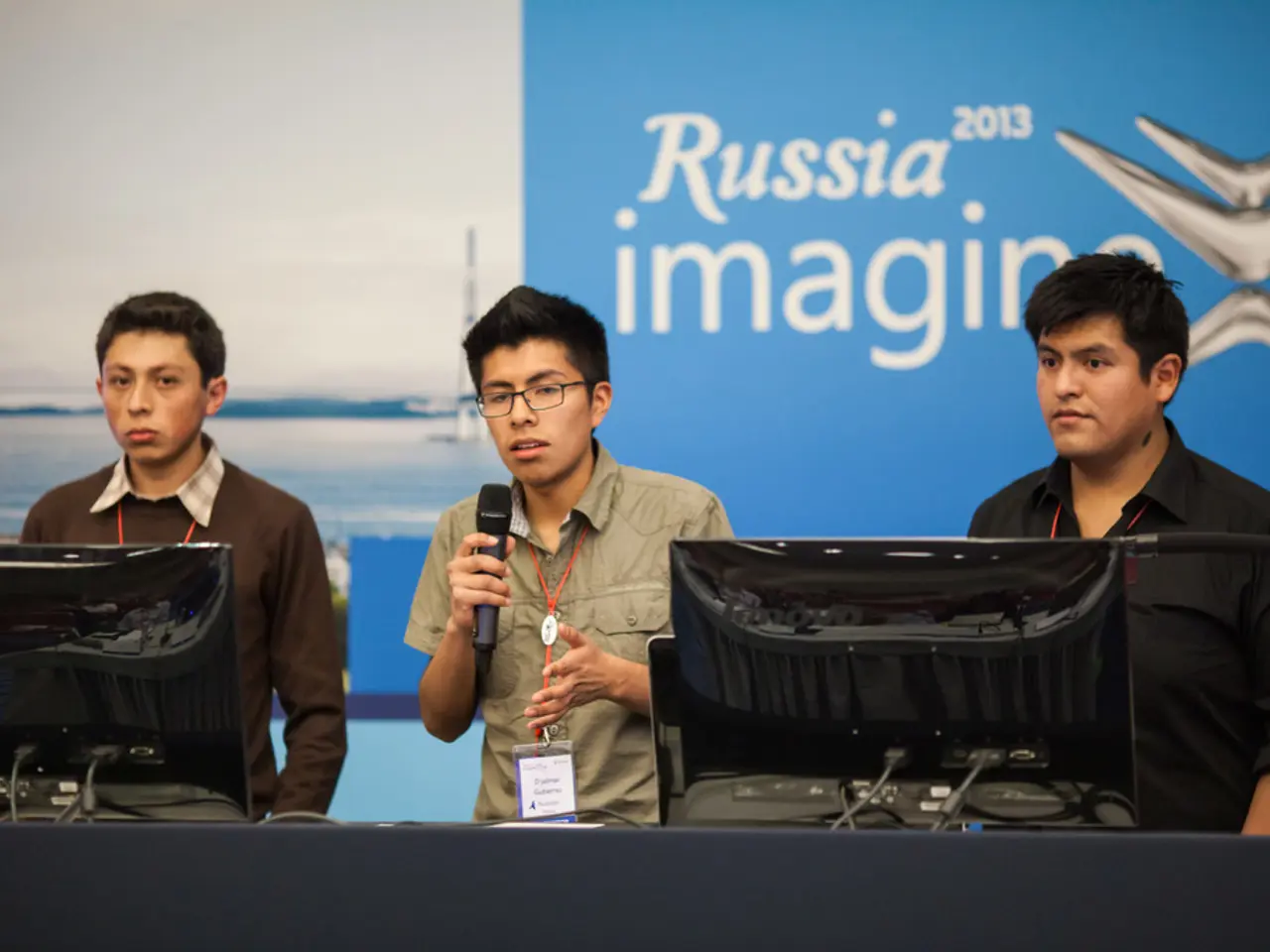AI Revolutionizes Software Testing: Tiger Teams and Autonomous QA
The software testing landscape is transforming rapidly with the integration of artificial intelligence (AI). Industry leaders are advised to approach this shift as a comprehensive transformation, not just a plug-in, and establish dedicated 'tiger teams' focused solely on AI-led quality assurance (QA).
Traditionally, software QA has been a human-driven task, involving writing test cases, automating scripts, and maintaining tests across releases. However, AI has brought significant changes in the last five years. AI-generated tests can cover ten times more flows than legacy test cases, continuously finding both expected and unexpected issues without fatigue or drift.
Kevin Surace, CEO of Appvance.ai and Chair of TokenRing, with 95 global patents in technology and AI, is at the forefront of this revolution. He notes that AI adoption in contact centers is accelerating rapidly, with projections suggesting AI could handle up to 95% of customer interactions in the future. This trend is not limited to contact centers; globally, nearly 3 million professionals may be engaged in testing or QA functions, and in the United States alone, there are approximately 205,000 software QA analysts and testers, and around 1.9 million related roles when including software developers.
Large enterprises can spend up to 35% of their entire IT budget on regression testing when any change or update is made to their thousands of applications. True AI-led QA, unlike tools that merely repackage recorders or copilots still requiring human scripting, eliminates repetitive work entirely, enabling autonomous creation, execution, and maintenance of full regression and functional test suites.
The integration of AI in software testing is not just an enhancement but a fundamental shift. With the potential to cover more flows, find more issues, and reduce human effort, AI-led QA is set to transform the software testing industry. As AI continues to advance, its role in QA is expected to grow, reshaping the landscape for the professionals involved and the organizations they serve.
Read also:
- Hematology specialist and anemia treatment: The role of a hematologist in managing anemia conditions
- Trump announces Chinese leader's confirmation of TikTok agreement
- U.S. Army Europe & Africa Bolsters NATO, African Partnerships in Phase Zero
- Hackers Utilize GOLD SALEM to Infiltrate Networks and Evade Security Measures, Deploying Warlock Ransomware







